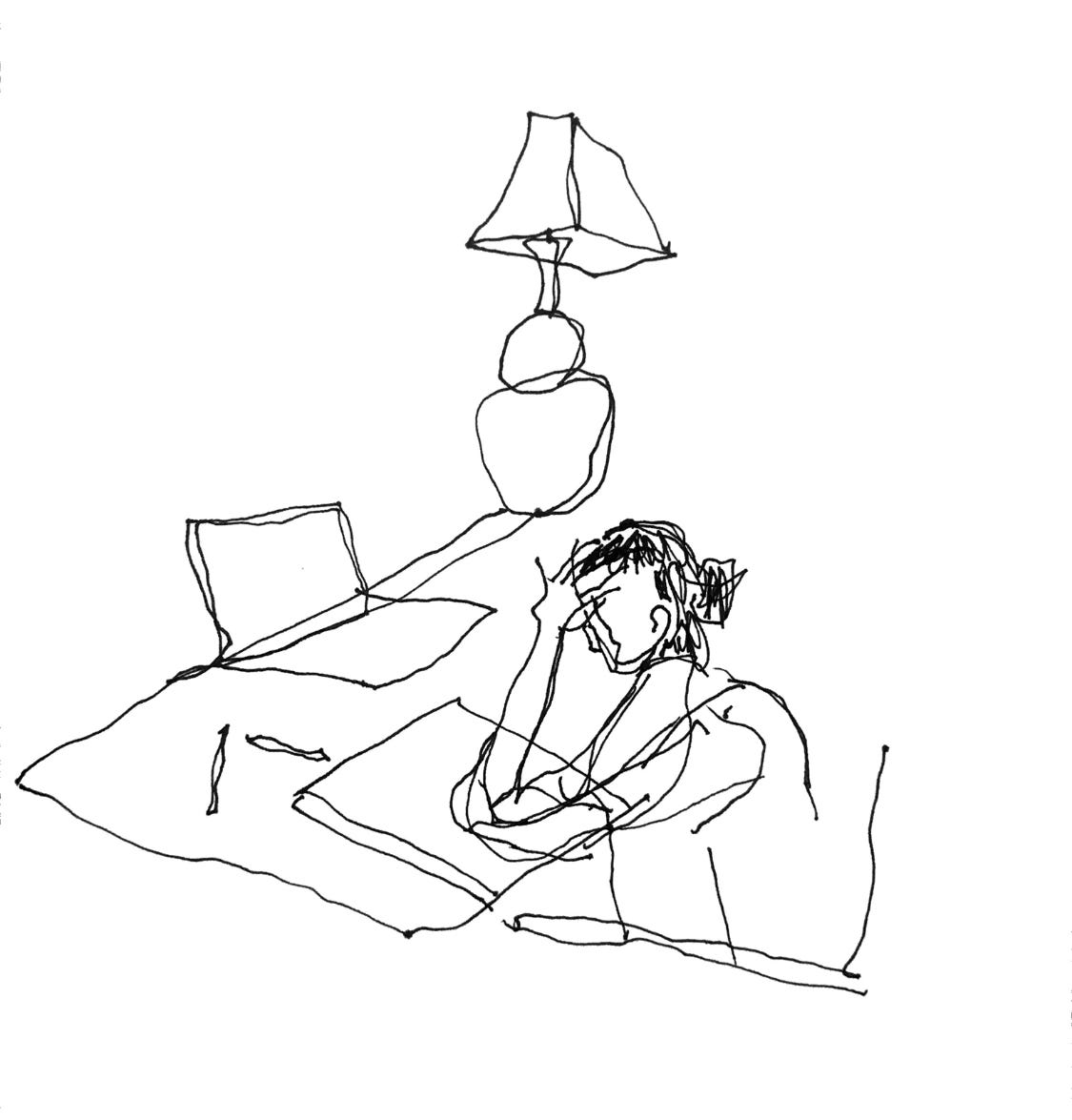Why College Supplemental Essays Are Sapping My Desire to Go to College
Short post this week, as I am huddled sadly over my desk answering college supplemental questions—real doozies.
Tell us how, when, where, and why your lived experience in your community, neighborhood, home, or state of being unhoused led to you applying to our institution, where above all we value unique personal backgrounds and work to foster an inclusive residential community.
I think this captures a lot of the problems I have with the questions. Am I applying to a university, or an apartment in a trendy urban housing community? One seems to be inextricable from the other.
Part of my homework for this week in homeschooling entailed listening to and taking notes on two podcasts: Yascha Mounk and David Brooks on Sam Harris’s Making Sense. (Mom’s other assignments included reading Philip Roth’s The Human Stain, making a perfectly poached pear, thoroughly preparing for an Old English test, making me walk around outside when I was getting fussy, and reading Julius Caesar aloud.)
But the articulate Yascha Mounk in particular really helped me to see what’s wrong with the way schools are asking these questions. The identitarianism that has eclipsed the effort of trying to draw a portrait of your intellectual life is actually more sinister than even the question’s bureaucratic word salad would suggest.
As Mounk says of the identity trap,
“It may be motivated by genuine injustice; the people who believe in these ideas may genuinely be wanting to build a better world; but they are in fact pulling us in the wrong direction—pulling us toward a society in which everyone will profoundly and perennially be defined by the groups into which they were born in ways that it will be much harder to understand each other, to treat each other fairly, to build thriving communities and stable democracies.”
As my mom and I talked about this week, the insistence on identity actually unfits people from the kind of careful attention to one another, all the shifting and adjusting, that real people in real communities require.
Scrutiny, discernment, and tact go hand in hand with genuine empathy. Which perhaps explains why these formulaic prompts, designed to elicit prescriptive (or pre-scripted) responses, only confuse and demoralize the serious student. These questions make it hard to show what prospective students have to offer universities, and any yearning we might have to be admitted into them is fading.
What Mounk says—and Brooks says too—is that there are better ways of breeding attention to difference, for instance by encouraging unlike people to come together in shared activity.
Developing empathy is an explicit part of my homeschooling life. Or as my mom formally wrote into our curriculum, we try to:
Think carefully about the ways that other human beings can become invisible to us. Or rather, how we can become oblivious to, careless with, heedless of, or unconcerned about them. (For example, take note of philosopher Simone Weil’s warning that “if you want to become invisible, there is no surer way than to become poor.”) And we’ll replace this dangerous lack of perception or awareness with what philosopher Raimond Gaita calls “our sense of the preciousness of other people”—something he connects to “their power to affect us in ways we cannot fathom and in ways against which we can protect ourselves only at the cost of becoming shallow.”
The question is, how do we learn this sense of the preciousness of other people? More on that next week.




